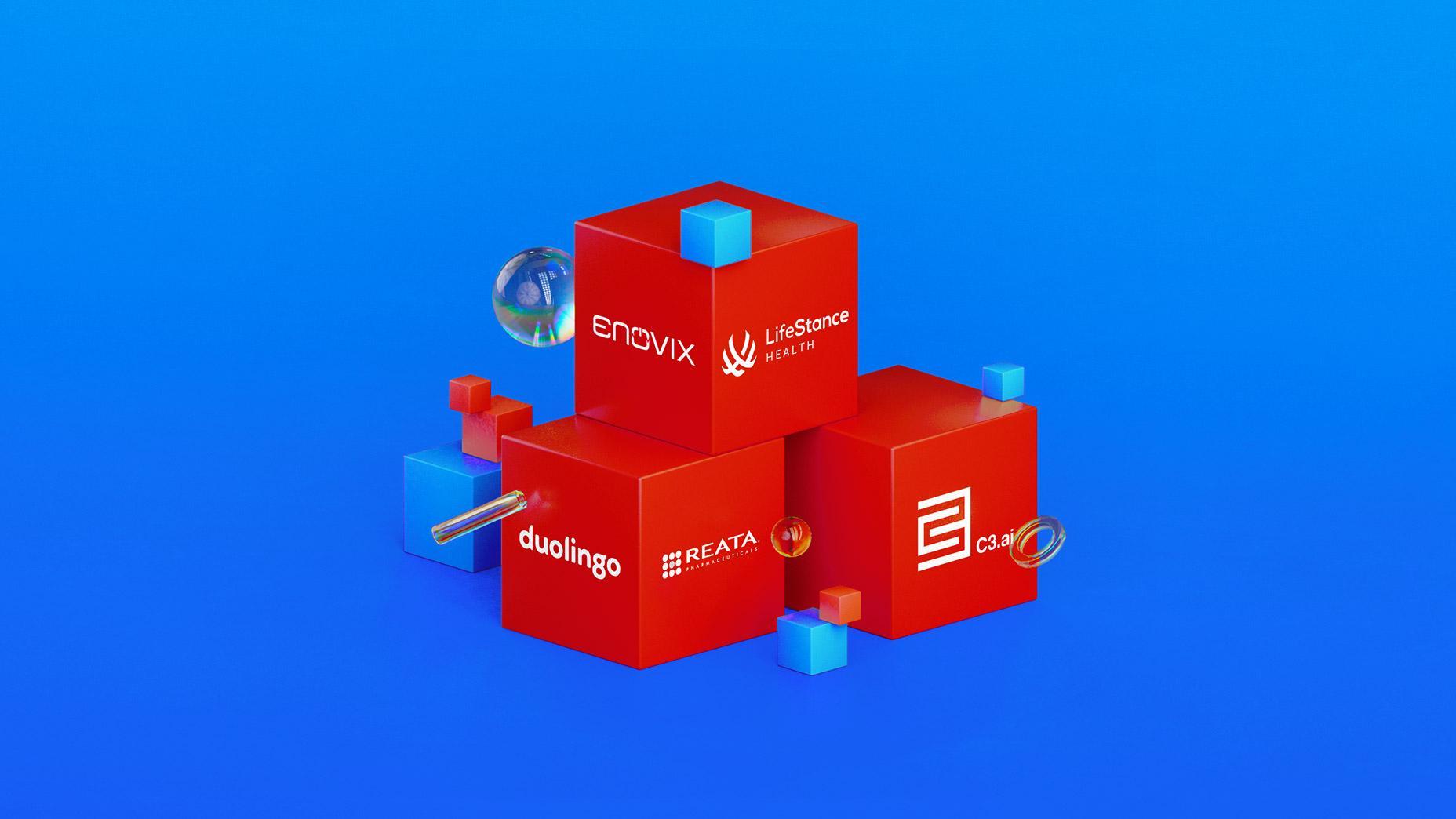Understanding Hedge Funds: Definition and Operational Mechanisms
9 minutes for reading

Brief story of how the first hedge fund appeared
It is unknown whether it was a cold winter morning or a hot summer evening in the late 1940s when Alfred Winslow Jones, an Australian-born and American-raised sociologist and publicist, who was working with different social woes (for instance, poverty), hit on an idea: Why not make money on investments? As a result, he eventually created "A. W. Jones & Со", which is believed to be the first hedge fund ever.
At first, the goal of the fund was to earn enough money to guarantee him a good life without having to work laboriously. Jones managed his own money along with the funds of his friends. As a reward, he earned 20% of the profit.
In today's world, Alfred’s investment strategy seems quite trivial because it involved buying value stocks, the price of which he expected to rise, and selling the stock of the companies that he expected to depreciate. This approach allowed to diversify risks and receive a decent profit. Apart from this, Jones stated that he had created the method of tracking and selecting stocks with a high probability of growth. Although the initial goals of the fund were quite moderate, Jone's success and investment scheme reshaped the market by the mid-1960s, thereby kickstarting the hedge fund industry.
Over the first ten years of operation, the fund started off with Jones raising its investor capital by 670%, and over the next five years, it was raised by another 325%. However, at that time, there were serious legal restrictions in the US and some other countries, which allowed only large institutional investors with 100 million dollars or more to invest in hedge funds. These restrictions forced hedge funds to flee to tax havens, where financial regulation was more tolerant and loyal.
What exactly is a hedge fund?
A hedge fund is a type of private equity fund, which is aimed at profit maximisation and risk minimisation. In fact, any hedge fund is an asset pool of a group of investors, which is managed by professional traders and risk managers. One of the distinctive and important prerequisites for hedge fund activities is a soft and loyal regulatory policy in the countries where they are registered. Hedge funds implement complicated multilevel trading strategies, short selling along with buying, margin lending, and trading derivatives. The major participants of a hedge fund are a manager and investors.
Key features of hedge funds
- Openness only to professional investors: these have to own a minimum of one million US dollars, excluding the value of their residence.
- Availability of different strategies: the choice of instruments is not limited by a hedge fund mandate. In fact, a hedge fund can invest in everything: land, real estate, stocks, derivative instruments, currencies, etc.
- Use of financial leverage: hedge funds often operate using borrowed money to maximise their earnings.
- Commission scheme: hedge funds charge investors not only a fixed commission for managing their assets, but also a percentage of the profit. Usually, these commissions are 2% and 20%, respectively.
Conclusion: hedge funds are not suitable for everyone. They have a lot of advantages in comparison with traditional investment funds, such as offering the opportunity to make money not only on growing markets but also on falling ones. Portfolio balance helps reduce risks and volatility and increases profitability. Various investment approaches, which often don’t correlate, allow investors to make their investment strategies as accurate as possible. Hedge funds employ the world’s most talented analysts, traders, and managers. Of course, there is no way around risks: a sector-specific investment strategy may result in huge losses.
Hedge fund structure
A hedge fund may be established by a managing company with the subsequent attraction of investors. Operations begin only after the interested investors have placed their funds under management. The managing company’s staff perform all selling/buying operations via their partners, brokers, and banks.
The guarantor bank, which keeps the investors’ assets (money, gold, securities, etc.), makes a big difference. As a rule, it performs all transactions since the hedge fund is not a prime broker – for this reason, the requirements imposed to the bank are quite high: it must be quite large, have the quality of inspiring confidence to clients, and be influential in the financial world.
To perform transactions, hedge funds require prime brokers with a great variety of functions. When a managing company orders to perform a financial operation, prime brokers take care of the technical part, starting from executing a transaction on a stock exchange to custody business and lending. Since hedge funds operate in different parts of the world, prime brokers must be able to execute transactions wherever their clients find it necessary. In this respect, quite often prime brokers are large international banks, such as Goldman Sachs, Merrill Lynch, or Morgan Stanley.
The fiscal audit is an integral part of a hedge funds’ activities. Auditors watch hedge funds and evaluate their asset value independently of a managing company. The purpose of this is to reduce potential risks. In addition to that, auditors control the accounting of funds and prepare various financial reports, including the ones to the investors.
Types of hedge funds
The principal classification of hedge funds is based on recommendations from the International Monetary Fund, and offers 3 basic types:
- Global funds: they perform operations on markets of any country, and build their investment strategies by analysing the statistics of different companies individually.
- Macro funds: they operate on the market of some particular country and make decisions to open any given position on the basis of the current market situation in the said country.
- Relative value funds: they are classic hedge funds that operate in national markets and implement standard operation schemes, which are based on differences in the price or rate of the same or similar assets.
Inner workings of hedge funds
Currently, 70% of the industry leaders with assets under management worth more than 350 billion USD are algorithmic hedge funds. The ability of computers to process enormous amounts of data at a phenomenal speed has made it impossible for portfolio managers to compete with them.
There is an opinion that a professional manager may possibly control a portfolio consisting of 30-40 stocks effectively, but algorithmic models have proven to be even more efficient. Of course, each manager has their own approach and system for analysing data and making decisions based on fundamental indicators, assessing financial instrument dynamics from the point of view of technical analysis, keeping in touch with representatives of an issuing company, and checking public information.
An algorithm that is pre-programmed in the computers of a fund, does the same, but in larger volumes and at higher speeds. The software can process any references to a particular company in the mass media, on social networks, and documents; and it can also process audio data – some hedge funds have their own speech recognition systems. For instance, the Two Sigma fund is known for scanning and analysing informational flows in 70 different languages.
Moreover, algorithmic hedge funds can assess their clients’ activity through the use of satellite images. Advanced and up-to-date technologies allow taking almost any company to pieces to learn all the necessary information. The system operates 24/7 in all corners of the world, analysing everything that is said and written, and uses this data to generate new trading strategies. Talented managers may beat hedge funds in expertise, however, it's physically impossible for them to process the same amount of information.
As for the secret of success, it lies in the fact that the software assesses every stock by several parameters: fundamental, technical, event-related, through the Alpha Capture system, and unique models of the company. The system evaluates market assets, and thereafter offers the highest-rated ones to a manager (according to its evaluation results). Thanks to this approach, algorithmic hedge funds are able to maintain a high level of profitability. In other words, hedge funds don’t care about the direction markets are moving in at a particular point in time. It is the dynamics themselves that count. The decline of one particular stock or market segment is often counterbalanced by the growth of some other assets.
Kategori
Catatan Terkini
Discover How Warren Buffett Adjusted His Investment Holdings in the Second Quarter: New Additions and Complete Sell-Offs
The Public Offering of Justworks, Inc.: A Deep Dive into its Innovative Cloud-Based Accounting Management Platform and its Investment Appeal on 12 Jan...
Delve into the Forces Shaping the Gaming Industry: Insights on Engine Gaming, SciPlay, Sea, Roblox, and Electronic Arts.
Peloton Unveils Business Overhaul with Leadership Change and Cost-Cutting Strategy: Targeting Growth or Setting the Stage for Acquisition?
Weekly News Roundup: Salesforce, Okta, Chewy, and Crowdstrike Release Quarterly Results; Microsoft Reduces Quarterly Forecast - How Did Their Stocks R...






